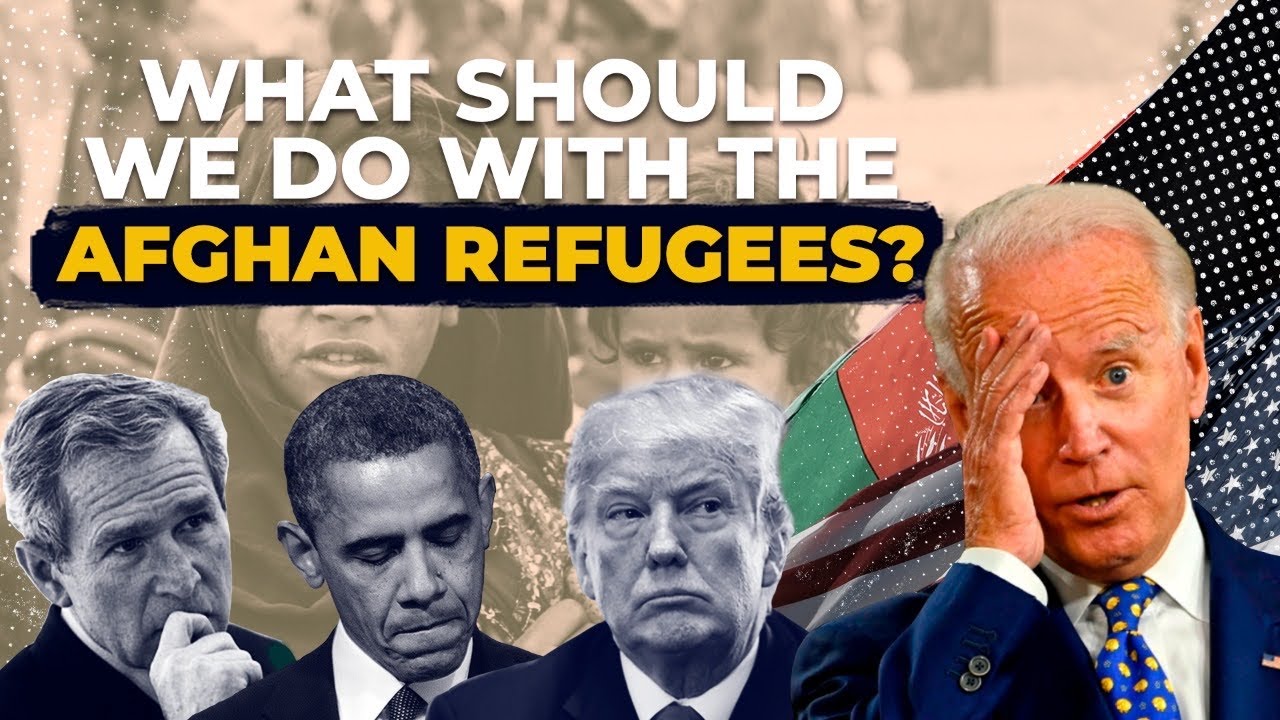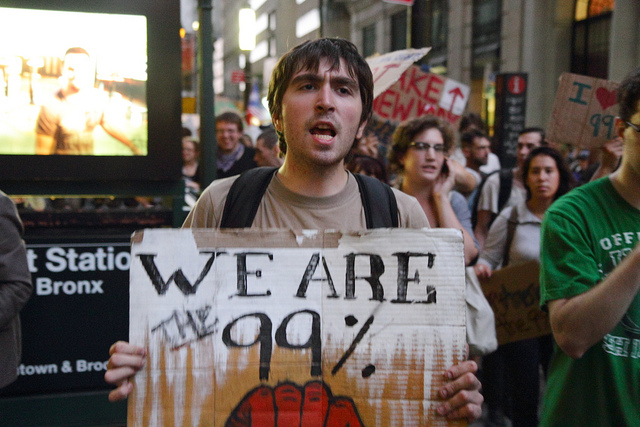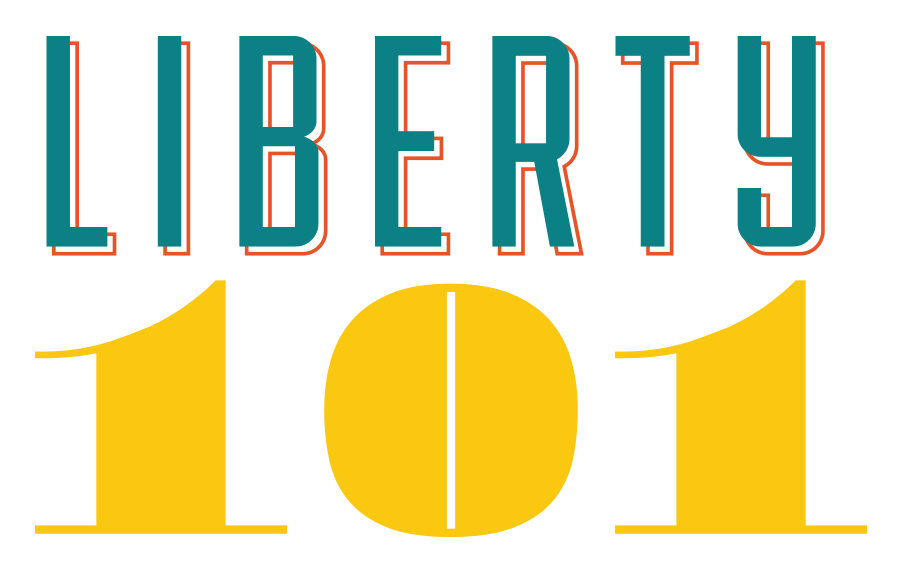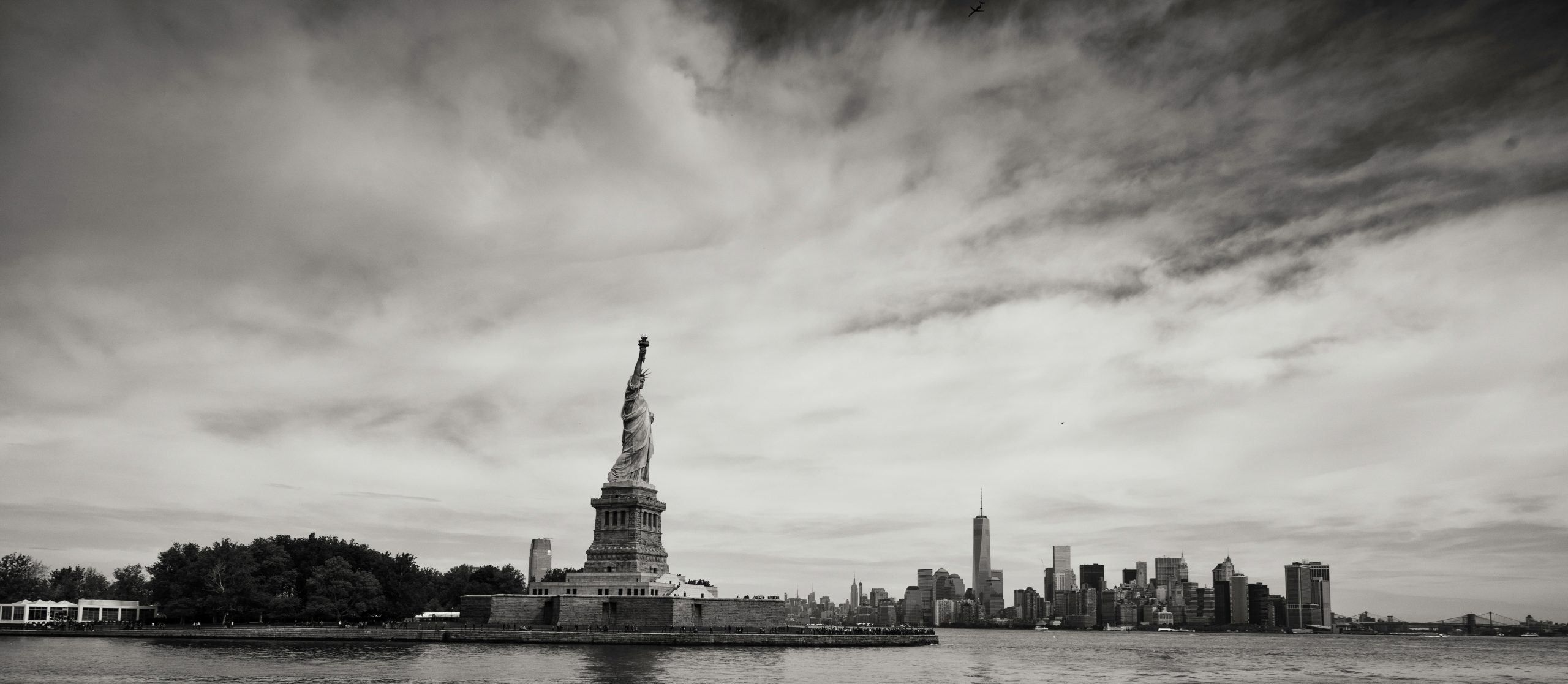Category:Political Science


New battlegrounds: liberty in a time of realignment
May 25, 2022 | Post
The factions people ally with are going through a dramatic change, but what is driving this political realignment and what does it mean for liberty?

Legends of Liberty: Sor Juana Inés de la Cruz
December 27, 2021 | Post
In recent history, too many Latin American politicians have fallen victim to a Marxist view of the world — and they have dragged their countries into poverty. Of course, Latin America has also been home to some of the world’s most powerful pro-liberty voices — including Sor Juana Inés de la Cruz, a Mexican nun […]

The Afghanistan Fiasco, Explained
November 4, 2021 | Video
Now that the war is over and American troops have withdrawn, how should U.S. policy treat refugees from Afghanistan? After all, the U.S. spent 20 years there and it ended in perhaps the least organized, most disastrous pullout in the history of human combat — but what, if anything, can still be salvaged?
In this video, we lay out a clear argument in favor of an open-borders policy from both an economic and a moral perspective.

Disruption of Metropolises – Ep #2 – COVID Disruption Series
April 28, 2021 | Video
We talked with our friend Nolan Gray, a city planner, about how the COVID-19 pandemic led to many transformations in big cities, such as New York, San Francisco, and Chicago. Many people are moving away from big cities as they are not required to work there anymore. Big cities are facing enormous challenges today, due to the heavy regulations on how businesses can operate, as well as the financial burdens they inflict on residents.
Let us know in the comments below if you or any person you know moved away from a big city and how they feel about it.
#DeathOfBigCities #WorkFromHome #Metropolises

War Sucks, What is it Good For?
April 28, 2021 | Video
War Sucks, What is it Good For? As the song goes, ‘absolutely nothing.’ Wars have historically failed to achieve the desired outcome of stabilization, all the while wasting taxpayers’ money, and causing sustained misery in the regions affected by conflict and resulting in tragically high levels of casualties, both military and civilian.
Conflict should be avoided as much as possible, with the only exception being as a last resort in defense of liberty. Learn Liberty believes that this can be achieved by promoting global interdependence through diplomacy, cooperation, and free trade. Alongside its obvious casualties, war invariably impedes trade, hinders economic development, and results in a loss of individual liberty.

Between Outtakes: Brexit by Prof. Nigel Ashford
April 28, 2021 | Video
Between Outtakes is a series of videos from various public intellectuals and their opinions about current issues from a pro-Liberty point of view.
In this first video, we invited Prof. Nigel Ashford, Senior Programs Officer at the Institute for Humane Studies, to give his perspective on the discussion of Brexit within libertarian circles. He explains why the support for the Brexit referendum of leaving the European Union is not unanimous between libertarians and gives his personal view on the matter.

3 Different Ways Constitutionalism Affects Liberty
April 28, 2021 | Video
Lesson 4 of our Law 201 Course: Find out how the separation of powers, federalism, and judicial affect liberty, and how those aspects compare to other systems of government.

Richard Epstein: The Continuing Relevance of Hayek's "The Constitution of Liberty"
November 4, 2015 | Post
Richard A. Epstein is the inaugural Laurence A. Tisch Professor of Law and Director of the Classical Liberal Institute at the New York University School of Law. He is also the James Parker Hall Distinguished Service Professor of Law Emeritus and senior lecturer at the University of Chicago. He served as editor of the Journal […]

Featured On Demand Program of the Week: The Immigration Debate
November 2, 2015 | Post
With presidential contenders like Donald Trump and Bernie Sanders making a fuss about foreign laborers coming to the country and depressing wages or murdering our women and children immigration reform has once again moved to the front lines of presidential politics. Have you ever wanted to cut through the demagoguery and fear-mongering and get plain […]

Republican Debate: More of the Same?
October 29, 2015 | Post
Last night’s Republican debate was two hours of 10 candidates doing their best to distinguish themselves from the many people hoping to win the 2016 presidential election. While there were some generally agreed-upon winners (Marco Rubio and Ted Cruz) and losers (Jeb Bush, and for some the CNBC moderators), the debate itself was underwhelming. Was […]

New York Times’ Solution to Fiscal Problems: Eat the Rich
October 28, 2015 | Post
The New York Times came out with an article last weekend claiming how much good raising taxes on the country’s wealthiest could do: [W]hat could a tax-the-rich plan actually achieve? As it turns out, quite a lot… the government could raise large amounts of revenue exclusively from this small group, while still allowing them to […]

Bureaucratic vs business management in health care
October 19, 2015 | Post
The health care debate has been long on hysterics and short on useful analysis. Incendiary and counterproductive rhetoric about socialism, Nazis, and death panels from some corners notwithstanding, critics of socialized medicine raise an important question with uncomfortable answers: in the absence of profits, losses, and prices, how will decisions about the production and allocation […]

Liberty 101: Principles of Libertarianism
October 16, 2015 | Post
Few people will say they are anti-liberty, so what makes the libertarian commitment to liberty stand out from the crowd? We teamed up with Students For Liberty to explain the basics of libertarian philosophy, law, and economics in our new On Demand program, Liberty 101. Check out the first video below. For more videos just […]

Open Inquiry Is Integral to the University Experience
October 15, 2015 | Post
Increasingly, the expectation of rigorous debate and discussion on controversial topics has diminished on college campuses across the nation. Students are now more content or even encouraged to coast through higher education without having to encounter beliefs or opinions that offend their preconceived notions about the world. Students are treating the college experience as less […]

What Does It Mean to Be a Libertarian?
October 14, 2015 | Post
Libertarians have a unique perspective on how government force should be used. As Jeff Miron, Director of Undergraduate Studies at Harvard University, points out in this video, libertarians consider using government force to coerce others into action to be immoral. This is what separates them from other philosophies which are more permissive when it comes […]

Quote of the Day: On Coercion and Equality
October 14, 2015 | Post
Today’s quote is brought to you by none other than F.A. Hayek from his book The Constitution of Liberty: “If one objects to the use of coercion in order to bring about a more even or more just distribution, this does not mean that one does not regard these as desirable. But if we wish […]

